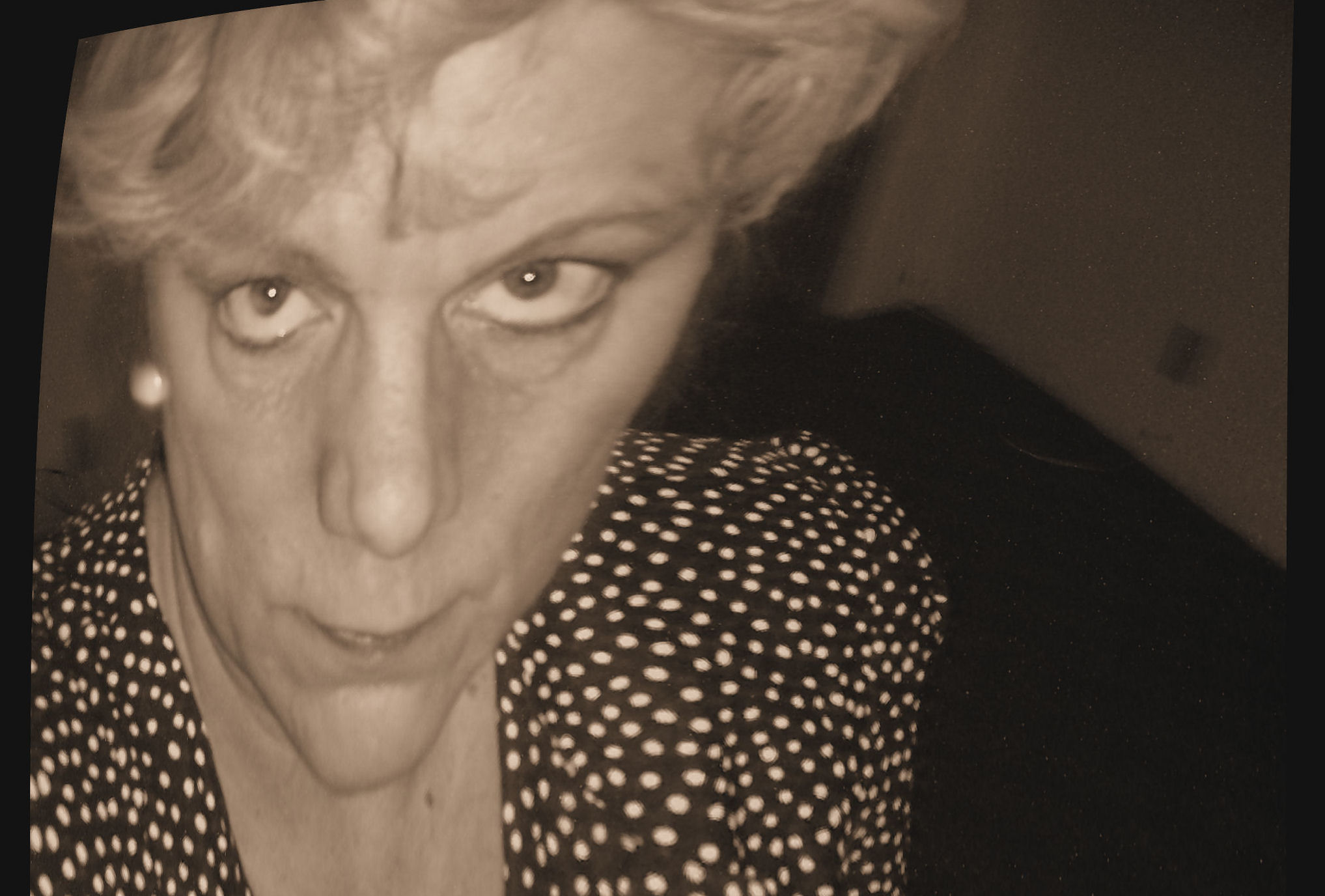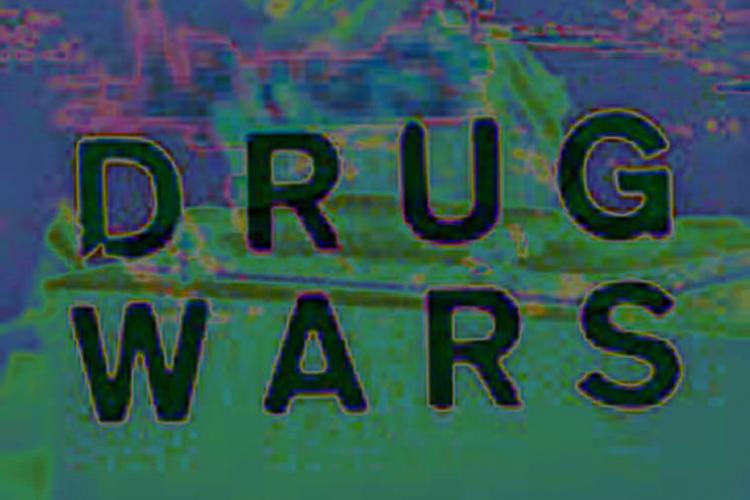
According to licensed psychotherapist Thayer White, people of average mental health often encounter many psychological changes in their lives that can sometimes get the better of them. Some of these changes are obvious: death of a friend or loved one, leaving home and starting college, divorce or break up of a long term relationship, losing a job, etc. But, some of them are not so obvious. According to Thayer and many others in his field, what you eat may affect your psychological wellbeing and maybe causing a lot of your problems.
According to Thayer, food allergies cause many symptoms that are commonly classified as therapy symptoms. There are three kinds of food allergies: fixed, cyclic, and addictive. Fixed allergies are those that cause rashes or hives. If our reactions to an offending food are strong only if we have recently eaten too much of it, then this suggests a cyclic allergy. Usually, we know our fixed and cyclic food allergies. Addictive allergies, however, are those foods that we eat regularly and have developed an allergic type of addiction. If we miss a day or two of the allergic food, we go into allergic withdrawal symptoms.
One thing most therapists do not want the general public to know is that 90% of the patients that go in for therapy suffer mostly from some form of addictive food allergy. Problems such as depression, memory problems, learning problems, blackouts while drinking alcohol, irritable, overweight, uncontrolled angry outbursts, tense/anxious, compulsive eating, headaches, insomnia, hyperactive, confused, asthma, blurred vision, night sweats, nervous stomach, adult acne, and fatigue can all be results of food allergies. If you suffer from any of these problems it is recommended by Thayer that you try a simple, do it yourself food allergy test before you spend too much time and money at the therapist office.
The most common foods that create these allergic psychological reactions are soy products, milk, alcohol, chocolate, peanuts, wheat, oats, yeast, potatoes, corn, lettuce, carrots, tomatoes, green beans, chicken, pork, eggs, beef, coffee, oranges, apples, and cane sugar.
A simple do it yourself food allergy test consists of eating only 1-2 foods for five days. (Thayer suggests lamb and rice, absolutely nothing on the above list, and no sauces, casseroles, condiments, etc.) After the fifth day, stop eating those 1-2 foods and reintroduce the common allergy foods one at a time, noting all reactions- including handwriting. Yes, this is a fast, you will lose weight, you will get really hungry for the first few days and you will go into food allergy withdrawals if you are, indeed, allergic to one of these foods. But, in the end, if you are allergic to one or more of these foods, you will know which foods to avoid in the future and you will feel much more content with life.
Of course, this is not always a 100% guaranteed results test. It can be inaccurate, especially if you are allergic to several foods or if you cheat even a little bit. But, Thayer says this do-it-yourself test is more accurate than allergy shots or skin tests because our bodies show stronger reactions to such substances after their consumption has been stopped for five or more days. Whatever the case, it can't hurt to try it.
Thayer White's book, Be Your Own Therapist, is completely online and free to read at http://www.psychologyhelp.com/index.html
























